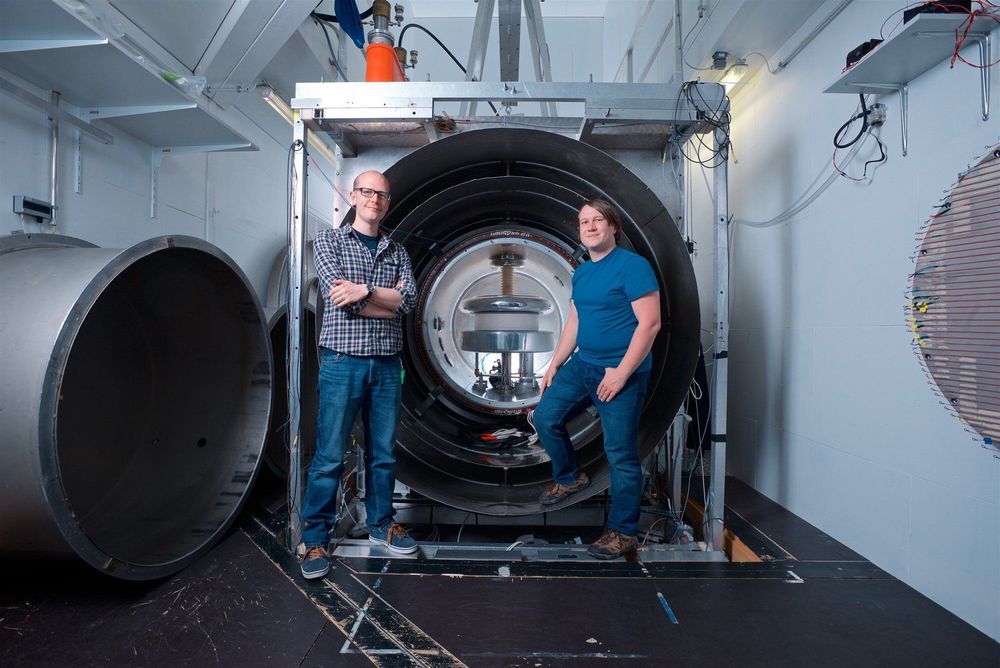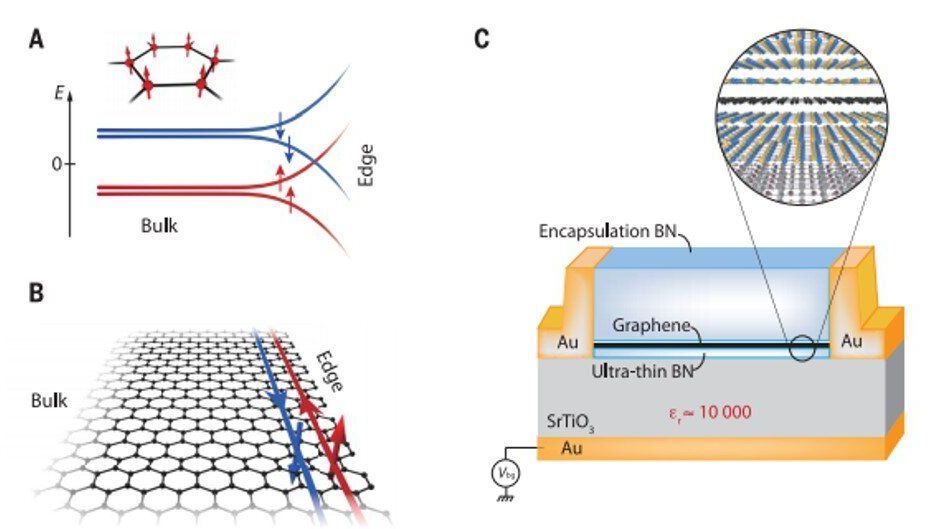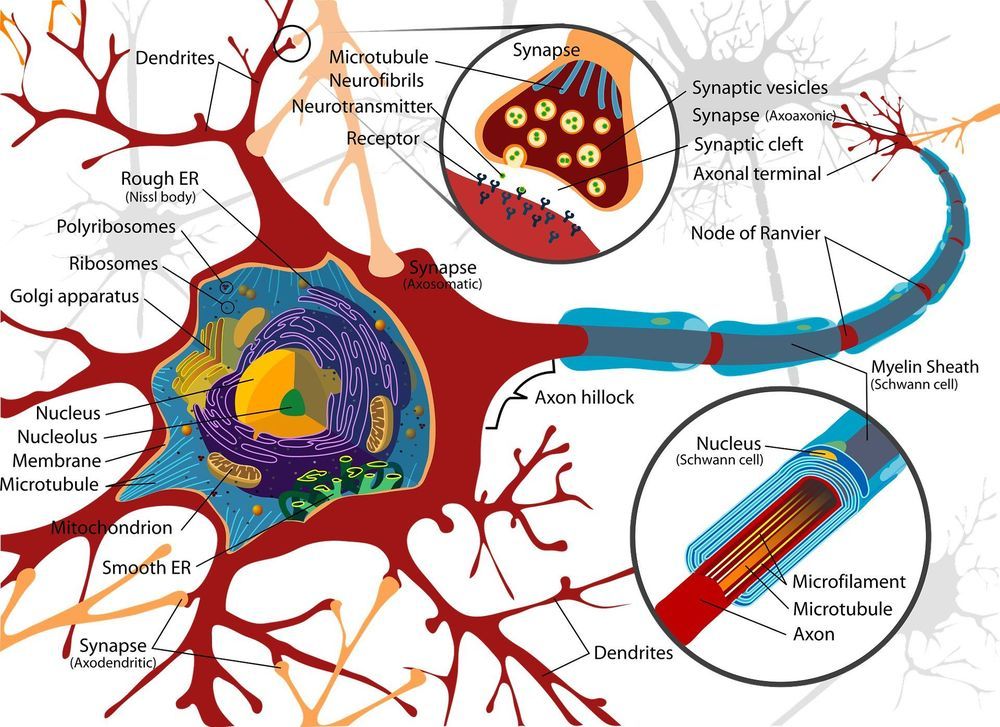
Everybody feels negative emotions once in a while, but these emotions have a stronger effect on your health than you may realize. Every time you think about regrets, experience resentment or replay bad memories in your head, your body suffers just as much as your mind. That’s why harboring negative emotions can lead to devastating long-term disease.
But there is one simple solution: forgiveness. Trouble is, our culture seems to perceive forgiveness as a sign of weakness, submission, or both. This makes it harder to actually do the work to forgive people who’ve done you harm.









